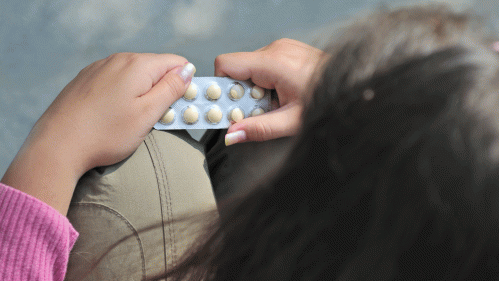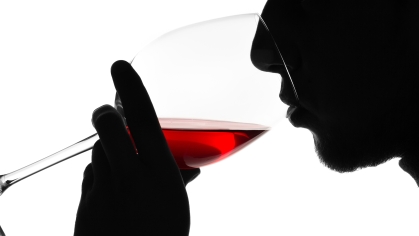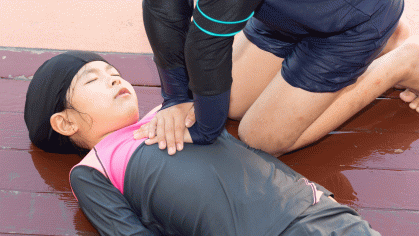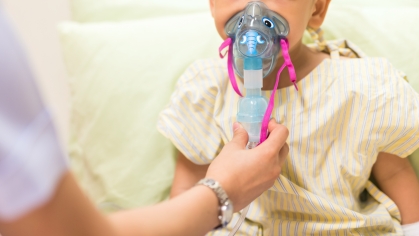Young females often choose medication to attempt suicide, according to Rutgers experts
In 2022, the New Jersey Poison Control Center at Rutgers New Jersey Medical School was called to assist in the medical management of more than 1,400 poisoning-related suicide attempts by preteens, teens and young adults.
Of those cases, 933 involved 16-year-olds and younger.
Diane Calello, executive and medical director of the New Jersey Poison Control Center, and Bruce Ruck, managing director of the center, discuss what poison centers are experiencing:
How often do you get calls relating to adolescent and young adults attempting suicide by poisoning?
Calello: Unfortunately, such calls are a daily occurrence. Suicide in preteens is becoming more and more common, signaling an increasing public health concern. Females are more likely than males to choose poisoning as a lethal means of self-harm. Last year, young females accounted for 80 percent of the poison control center’s total youth suicide attempt cases. This means that for every five suicide attempt cases we had in 2022, four of them involved young females.
Often our specialists assist with multiple cases of youth suicide attempts at the same time. For example, a 14-year-old was sent into an emergency room by a poison center specialist after ingesting an unknown amount of her relative’s medicine. At the same time, another poison center specialist assisted a doctor with the medical management of an unconscious teen who ingested several over-the-counter products.
Is the poison center’s data representative of the number of adolescents and young adults attempting suicide by poisoning?
Calello: It’s likely lower than what’s really occurring. Since New Jersey law does not require hospitals and other health care facilities to report poison-related suicide attempts to the poison control center, our data only captures a snapshot of the true scope of this devastating public health crisis.
Most people don’t realize how common it is for adolescents and young adults to have suicidal thoughts or attempt lethal means of self-harm. These instances are often only reported or discussed when someone has died. Unfortunately, the reality is that many more adolescents and young adults attempt lethal self-harm than die.
How does the New Jersey Poison Control Center help someone who has attempted suicide by poisoning?
Calello: Calling the Poison Help line after ingesting a medicine or substance is an important step in receiving the critical care needed. Our medical staff’s expertise and fast response provide the caller with emergency support and the help they need right where they are — be it at home, a friend’s place, school, work or in car.
A caller is directly connected to a poison specialist — a nurse, pharmacist or physician specialized in medical toxicology — who will quickly assess the situation and recommend appropriate medical care.
A poison specialist will assist the caller by sending an ambulance to their location if needed or provide the caller or caregiver with the location of the nearest hospital. A specialist will then alert the hospital to the clinical situation and our initial recommendations on care.
What can families do to help prevent suicide attempts by poisoning?
Ruck: Given our recent data combined with the known risk of prescription drug abuse among adolescents and young adults, it’s no longer safe enough for adults to just keep medicines up high and out of sight and reach. A common risk factor for suicide is having access to lethal means of self-harm. Reducing access to medicines at home does save lives, so it’s critical to lock up medicines after each use. Just because a medicine is prescribed by a health care provider or bought without a prescription does not mean it is safe.
Adults in the home should also know which prescription and nonprescription medicines are in the house, regularly check pill quantities and pay attention to how often prescription medicines are being refilled. Do not allow children and adolescents to self-medicate. Remove unused or expired medicines. You should drop off unneeded medicines in a local medicine drop box or during the DEA’s National Prescription Drug Take Back Day every April and October.
If you are a parent, coach, teacher or friend, talking to teens about identifying suicidal behaviors in peers is key. Often, an adolescent or young adult will express suicidal ideations to friends through texts or social media before attempting to use a lethal means of self-harm. Teaching youth to speak up – right away – can be a critical life-saving intervention for a person at risk of suicide.
If you suspect a poisoning, contact your local poison control center at 800-222-1222.




